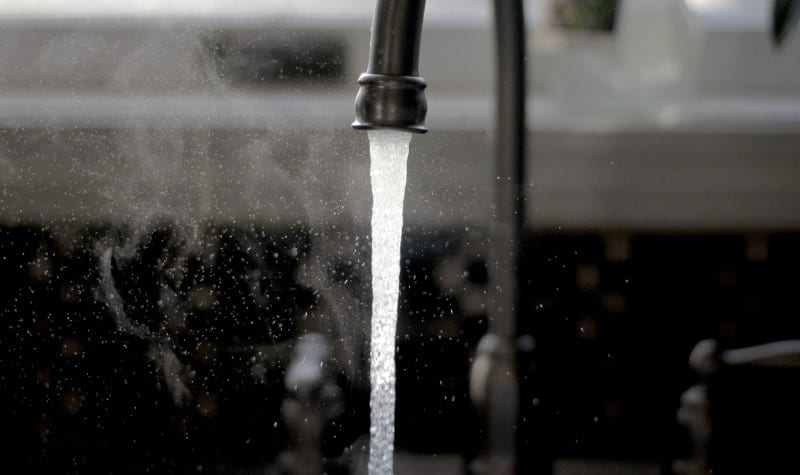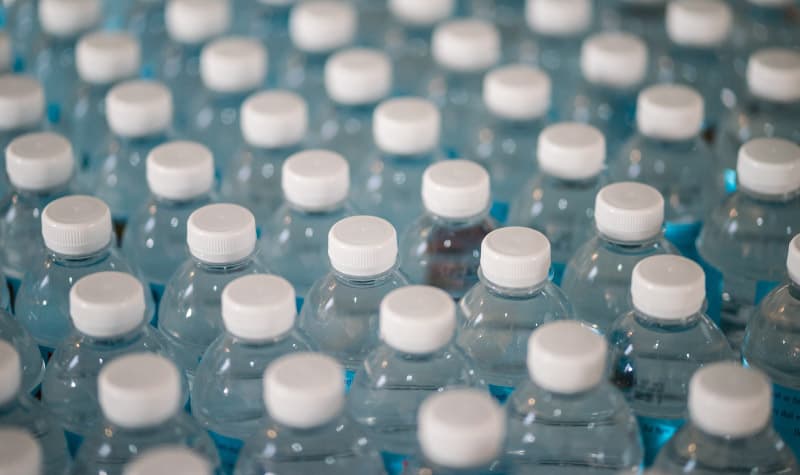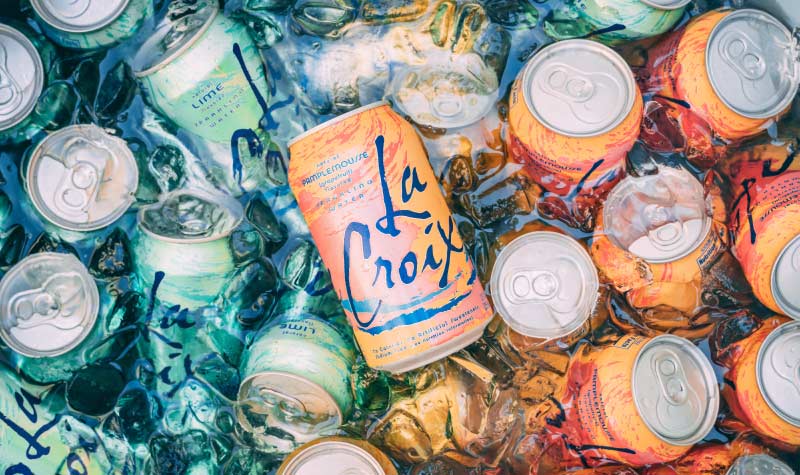Have you ever wondered how the kind of water you’re drinking can influence your oral health? Here, we’ll explain how tap water, bottled water, and sparkling water affect your teeth so next time you reach for a glass–or bottle–of water, you’ll know what it means for your teeth.

Tap Water
Unfiltered Water
The United States Environmental Protection Agency (EPA) mandates what types of minerals can be found in unfiltered tap water, including fluoride, an essential mineral for healthy teeth. In certain cases, unfiltered water has been contaminated and causes unfortunate side effects. However, most of the time it can be the healthiest option for your teeth. If you have questions about what is in your tap water, you can visit the Environmental Working Group’s Tap Water Database to determine what’s in your local supply.
Filtered Water
Filtered tap water is often created when there’s a filter attached to the tap or placed in a pitcher with a filtration device built in. Although the filter may get rid of trace amounts of important minerals like fluoride that occur in unfiltered tap water, in general filters only reduce chlorine for a better taste and odor, zinc, and the health contaminants copper, cadmium, and mercury. Just be sure to get a BPA-free filter and to replace it regularly or else it will harbor bacteria.

Bottled Water
Americans drink an average of 30 gallons of bottled water every year. Some believe it’s a safer, cleaner option than tap water, but is it really? Because bottle water is a product sold for consumption, it must adhere to the standards of the Food and Drug Administration (FDA). However, these standards aren’t often that strict and most bottled water doesn’t include any fluoride, unlike tap water. Bottled water can also be susceptible to bacteria if the bottle is opened and left somewhere warm. Moreover, some bottled water is merely filtered tap water, so you are just paying more for something you could get at home. If you do primarily drink bottled water, discuss with us other options (such as fluoridated toothpaste, fluoridated mouthwash, and/or a fluoride supplement) to make sure you’re exposing your teeth to enough fluoride.

Sparkling Water
Drinks with carbonation, like sparkling water, are more acidic than those without. However, despite the increased acid level as compared to flat water, research has shown that plain sparkling water’s acidity doesn’t weaken your tooth enamel. Still, it’s probably a good idea to limit yourself to only one glass of sparkling water per day because, like bottled water, sparkling water doesn’t contain any fluoride. Be especially mindful of other ingredients in your sparkling water, as citrus-flavored and/or sparkling water with added sugar will increase your risk for tooth decay.
Ask Us More Questions About Water!
Plain tap water is the healthiest beverage for your teeth, your overall body wellness, your wallet, and the planet. If you have questions about why water is essential for your oral health, contact us today.
